Indonesia still not paying its share of the cost of the KF-21 Boramae program and South Korea studies alternative partnerships
Indonesia again failed to fulfill its commitment to notify the Korean government of its plan on payment of its share of the cost of the KF-21 project, jeopardizing the continuity of their partnership.
According to The Korea Economic Daily, the Defense Acquisition Program Administration (DAPA), Seoul’s armaments procurement agency, said Wednesday that Indonesia had failed to submit its payment plan by the end of October, as promised.
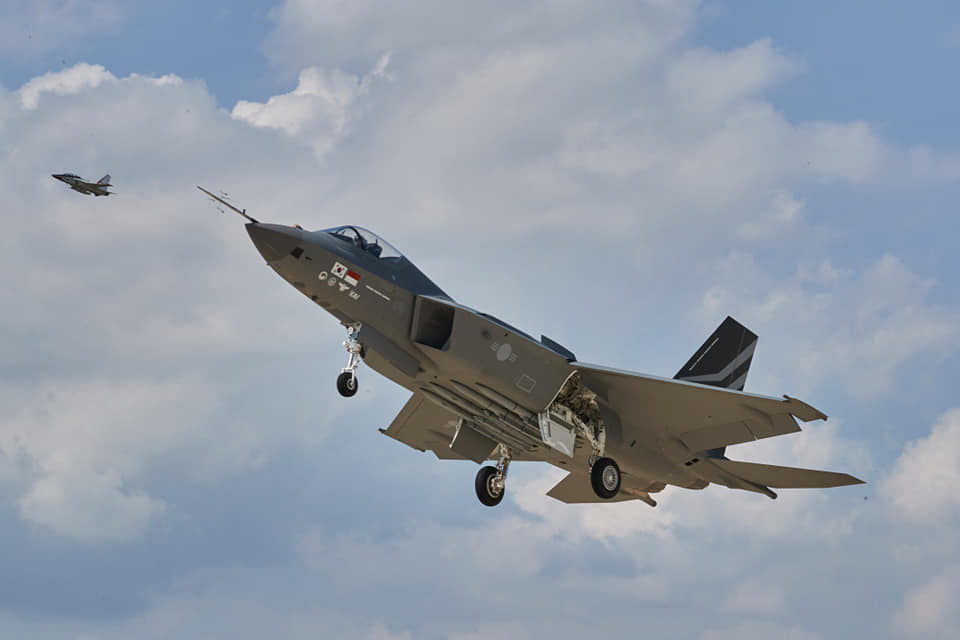
A complicated partner
The Korea Fighter eXperimental (KF-X) program, for the development of a new generation national fighter, was announced by the South Korean president back in March 2001. Later, in the search for funding, interest was attracted from Indonesia. Indonesia would bear 20% of the program costs (estimated to cost around $7.8 billion), in exchange for the necessary technology transfer that will allow them to produce 48 to 50 units locally by 2026, when the fighter is ready.
But Indonesia, since the signing of the agreement with the South Korean government in 2016, only the full payment for that year, about $45 million, was transferred. Of the $167 million that Jakarta was to transfer in 2017, Seoul only received $40 million. The Indonesian contribution to the program in 2018 was 0, owing the full $181 million committed. 2019 saw the largest contribution to the KF-X, when Indonesia paid 160, out of the $172 million for that year. So far, Indonesia paid only a quarter of the agreed amount.
Intense negotiations between the parties led earlier this year to Indonesia pledging to inform South Korea of a payment schedule by the end of June, but it failed to do so. It later said it would submit a plan by the end of October, but again failed to deliver.
It should be noted that at the same time that all this is happening (or not happening), Jakarta is carrying out an ambitious plan to re-equip its Air Force (TNI-AU or Indonesian National Army Air Force), having ordered 24 Dassault Rafale fighters (out of a hypothetical total of 42 units) and is negotiating with Boeing the purchase of 24 F-15EX heavy fighters. TNI-AU currently relies on Russian Su-27/30 and U.S. F-16 A/B/C and D fighters, weapon systems that are well into their senior years and which Indonesia may need to replace before the KF-21 Boramae, still under development, could be commissioned.
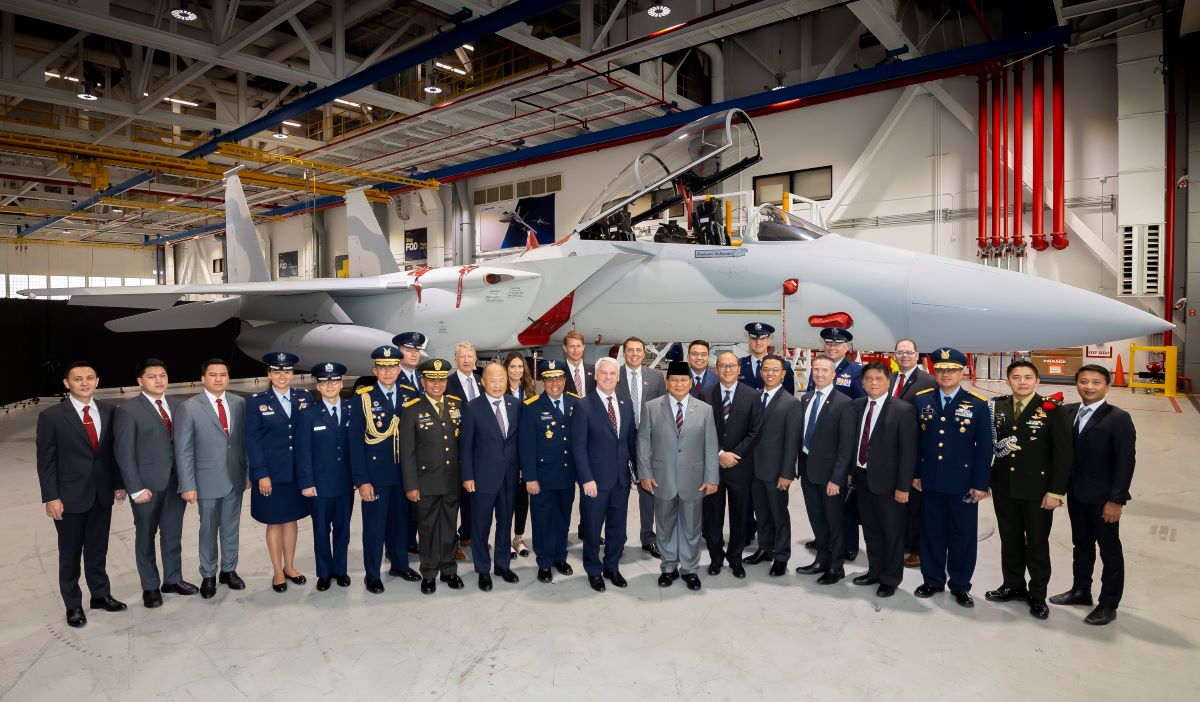
Looking for a «plan B»
DAPA director Eom Dong Hwan said during a parliamentary audit last month that he would «have no choice but to bring the joint project back to square one» if Jakarta continues to renege on its promises. «Jakarta’s failure to honor its payments undermines confidence in its commitment to develop an advanced multirole warplane for the two nations’ air forces,» he said.
On Tuesday, at a DAPA briefing with the South Korean Defense Ministry, an official confirmed that several possibilities are being explored on what to do about its partnership with Indonesia while awaiting Jakarta’s payment plans.
One of the countries interested in entering the KF-21 program is the United Arab Emirates, which is investing heavily in South Korean defense products and in September had offered to cover Indonesia’s share of the investment.
Another option is Poland, which has made important defense agreements with South Korea, such as the purchase of the FA-50 light fighter, as well as tanks and artillery systems, and plans to deepen its military-industrial-technical partnership with the Asian country, being its entry into the KF-21 Boramae program a quite realistic possibility.
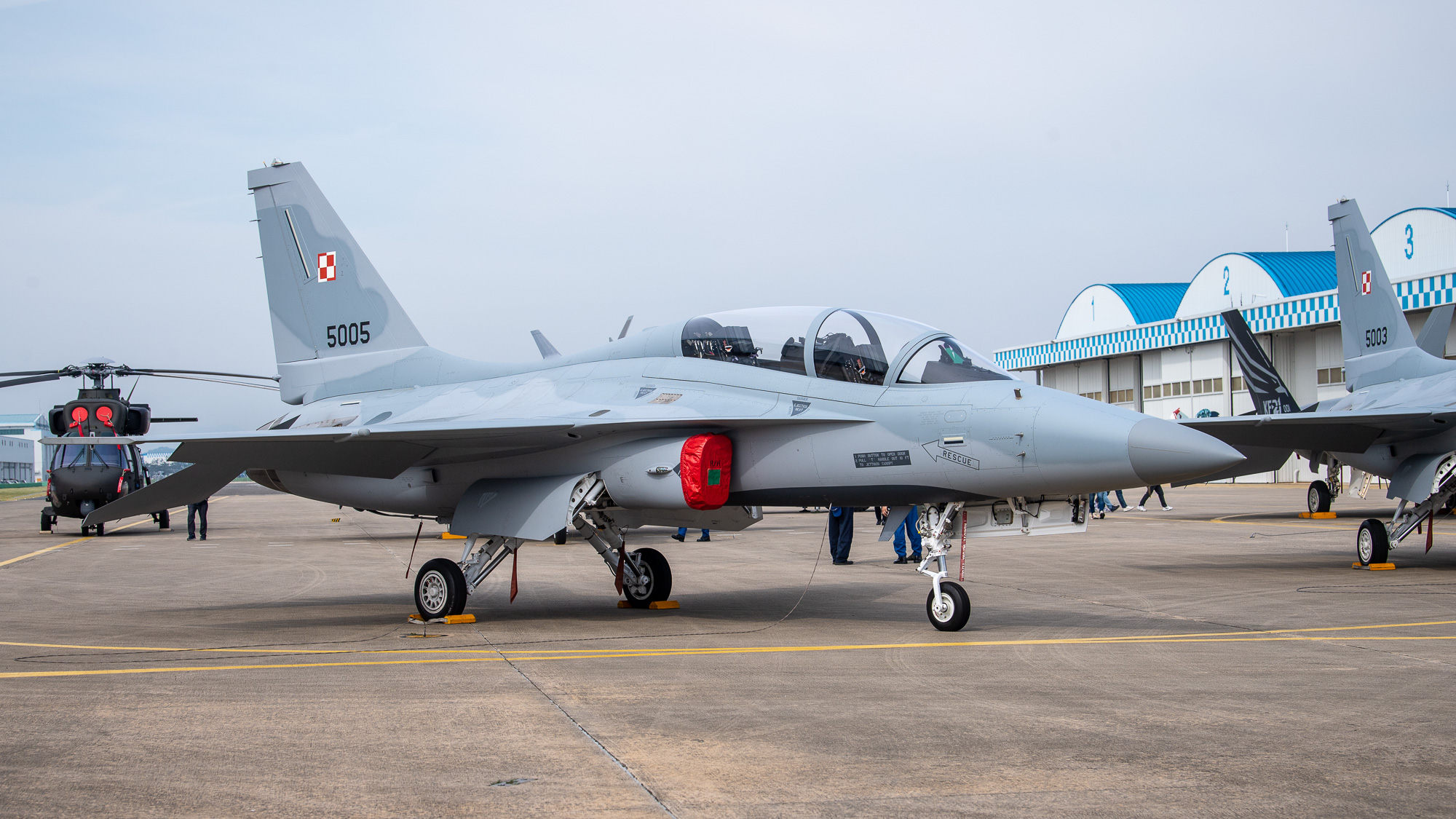
In the meantime, the Korean fighter program, being pursued virtually single-handedly by Seoul, continues to develop apace and promises to be an affordable alternative to the 4.5 and 5th generation fighter for nations that, for financial or technical reasons, cannot afford Lockheed Martin’s F-35.

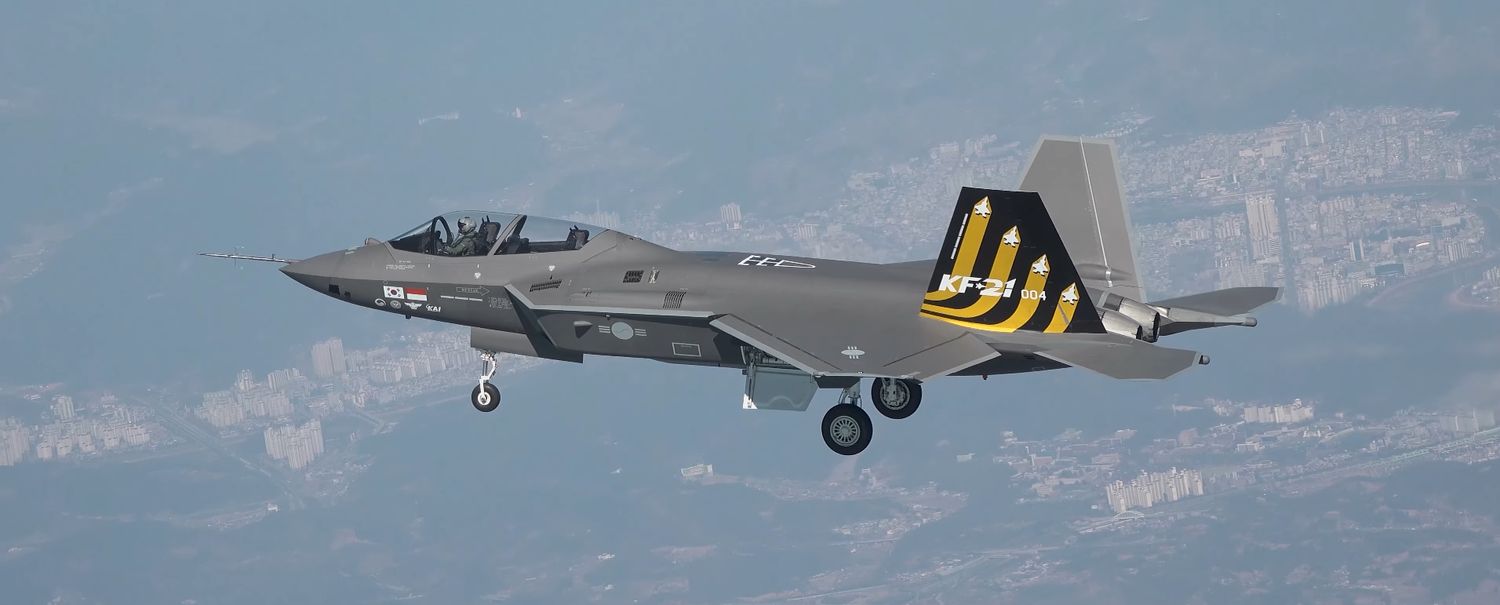
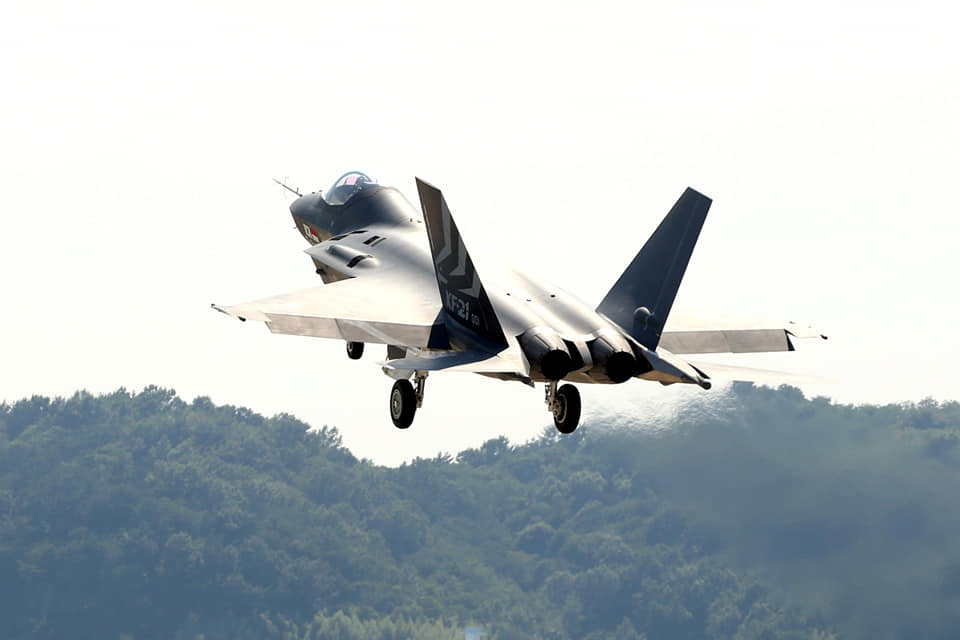
Para comentar, debés estar registradoPor favor, iniciá sesión